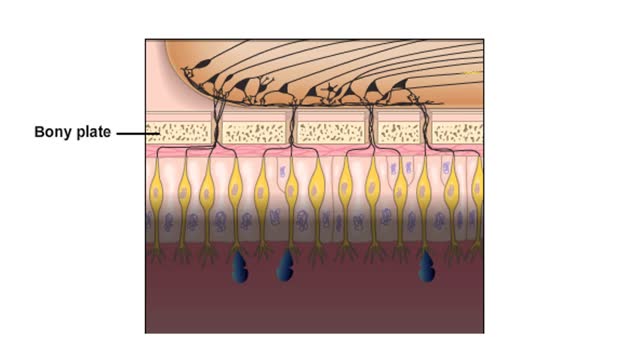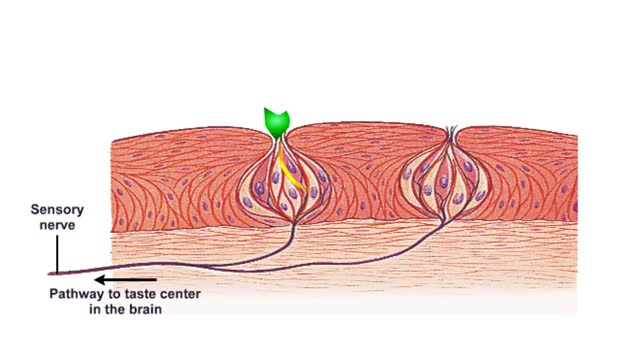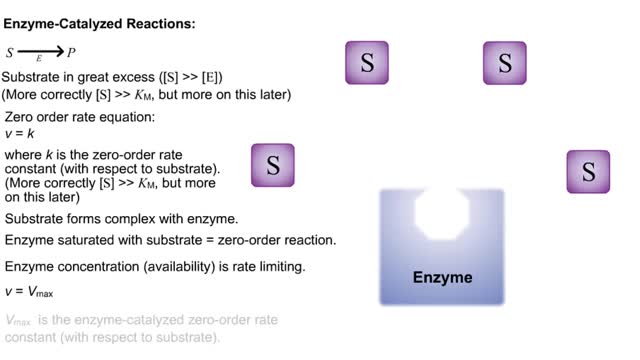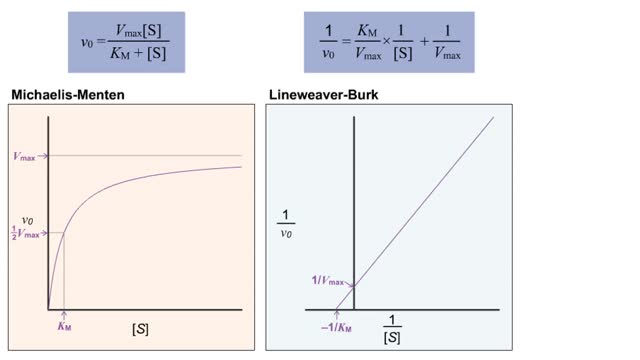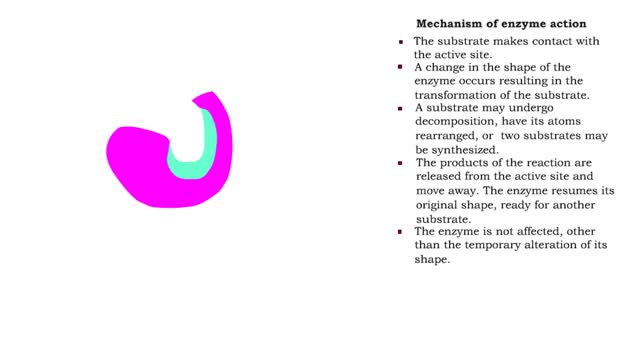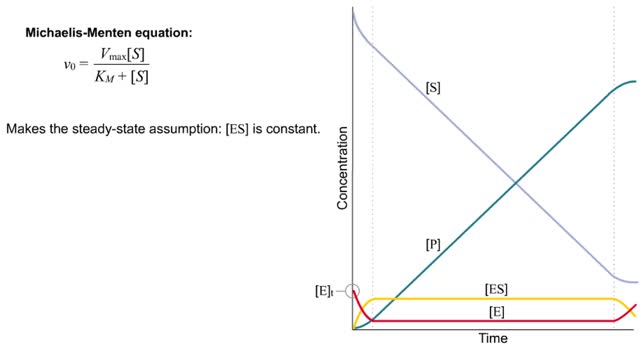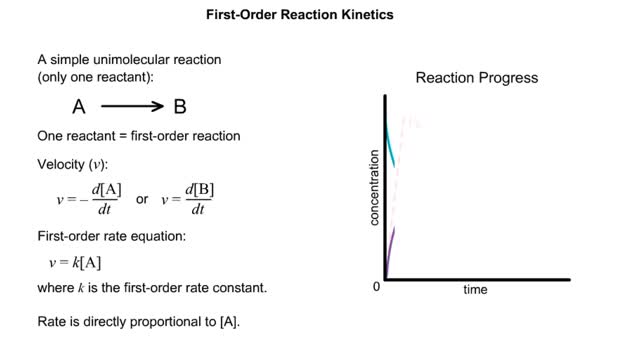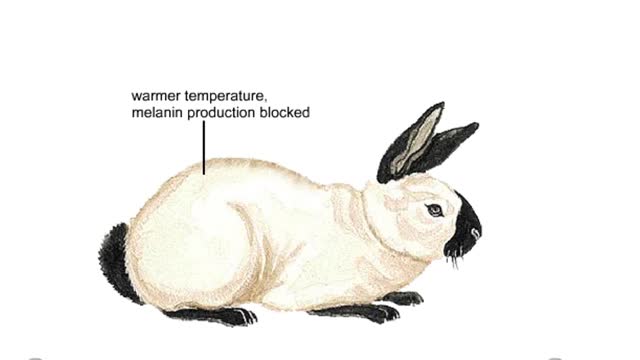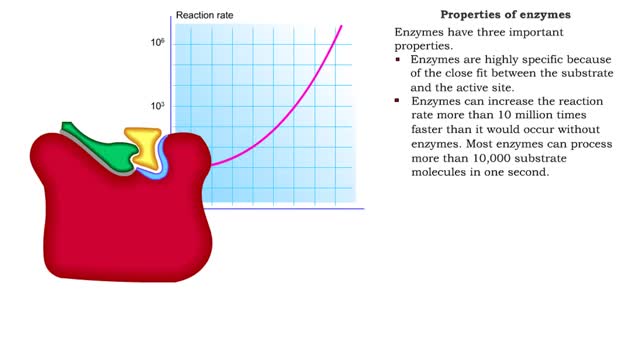Search Results
Results for: 'enzyme adenylyl cyclase'
Olfaction. or the sense of smell
By: HWC, Views: 8446
Do you ever wonder how you can distinguish thousands of different odors? Olfaction. or the sense of smell, is used by all mammals to navigate, find food, and even find mates. We have millions of olfactory receptors for smelling in our nose. These receptor neurons bind water-soluble or volatil...
What are Taste Receptors? How Does it Work? Animation
By: HWC, Views: 7891
Do you ever wonder how you can taste the foods you eat? It all starts with taste receptors in your muscular tongue. Taste receptor neurons are found in your taste buds but you are not looking at the taste buds. The raised bumps on the surface of the tongue that you see are specialized epith...
By: HWC, Views: 10452
S P Substrate in great excess ([S] -- [E]) (More correctly [S] -- KM, but more on this later) Zero order rate equation: v = k where k is the zero-order rate constant (with respect to substrate). (More correctly [S] -- KM, but more on this later) Substrate forms complex with enzyme. ...
Virtual Enzyme Kinetics & Lineweaver Burk Plot
By: HWC, Views: 10583
• The double-reciprocal (also known as the Lineweaver-Burk) plot is created by plotting the inverse initial velocity (1/V0) as a function of the inverse of the substrate concentration (1/[S]). • This plot is a useful way to determined different inhibitors such as competitive, uncompetitive...
By: HWC, Views: 10805
■ The substrate makes contact with the active site. ■ A change in the shape of the enzyme occurs resulting in the transformation of the substrate. ■ A substrate may undergo decomposition, have its atoms rearranged, or two substrates may be synthesized. ■ The products of the reaction...
Michaelis–Menten equation & Kinetic parameters
By: HWC, Views: 10812
The Michaelis–Menten equation is the rate equation for a one-substrate enzyme-catalyzed reaction. This equation relates the initial reaction rate (v0), the maximum reaction rate (Vmax), and the initial substrate concentration [S] through the Michaelis constant KM—a measure of the substrat...
By: HWC, Views: 10194
✔ https://HomeworkClinic.com ✔ https://Videos.HomeworkClinic.com ✔ Ask questions here: https://HomeworkClinic.com/Ask Follow us: ▶ Facebook: https://www.facebook.com/HomeworkClinic ▶ Review Us: https://trustpilot.com/review/homeworkclinic.com Kinetics is the study of the rat...
Effect of the environment on coat color in the Himalayan rabbit Animation
By: HWC, Views: 6574
An organism's phenotype—the combination of traits that we observe—is the product of interactions between its genotype and the environment. For example. a Himalayan rabbit is completely white at birth. But within weeks, the fur on the rabbits ears, nose, tail. and lower legs darkens. The...
Enzyme structure - Properties of enzymes
By: HWC, Views: 10947
■ Enzymes are proteins that catalyze reactions. ■ Some enzymes have two parts: a protein or apoenzyme and a non-protein or cofactor. ■ Cofactor can be a metal ion or another organic molecule called a coenzyme. ■ Coenzymes often come from vitamins. ■ Cofactors affect the shape of...
Advertisement



